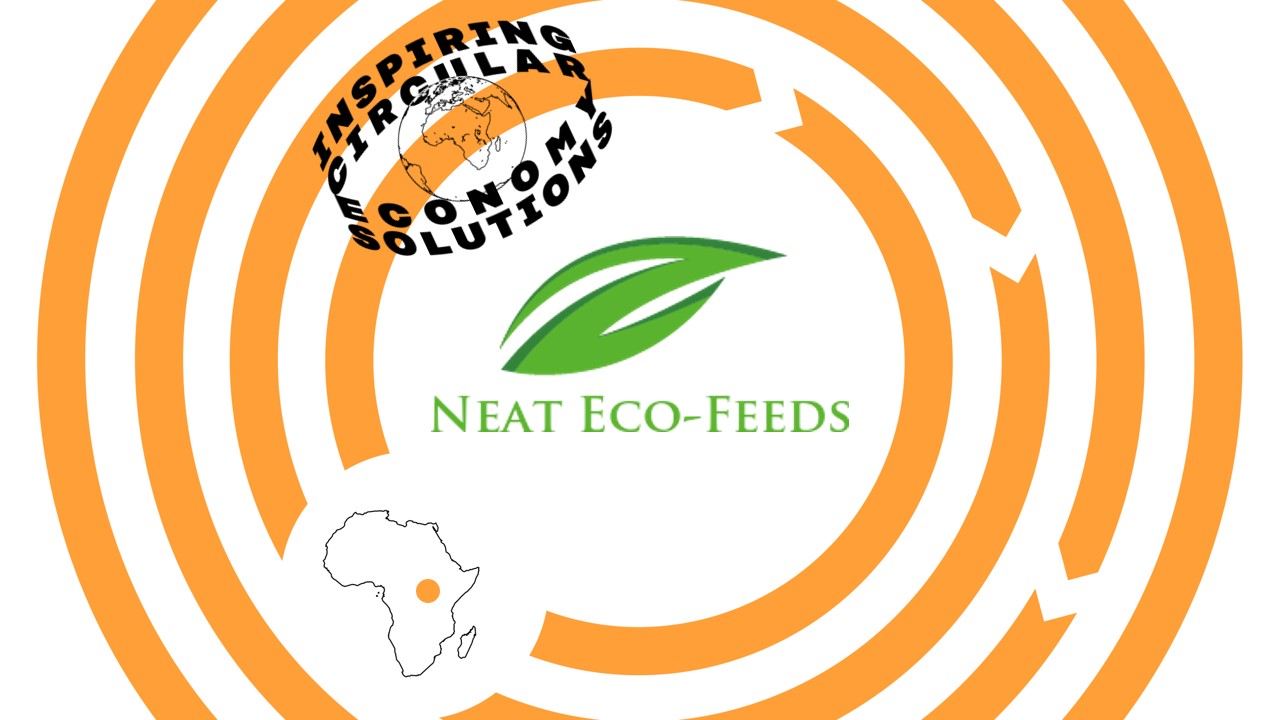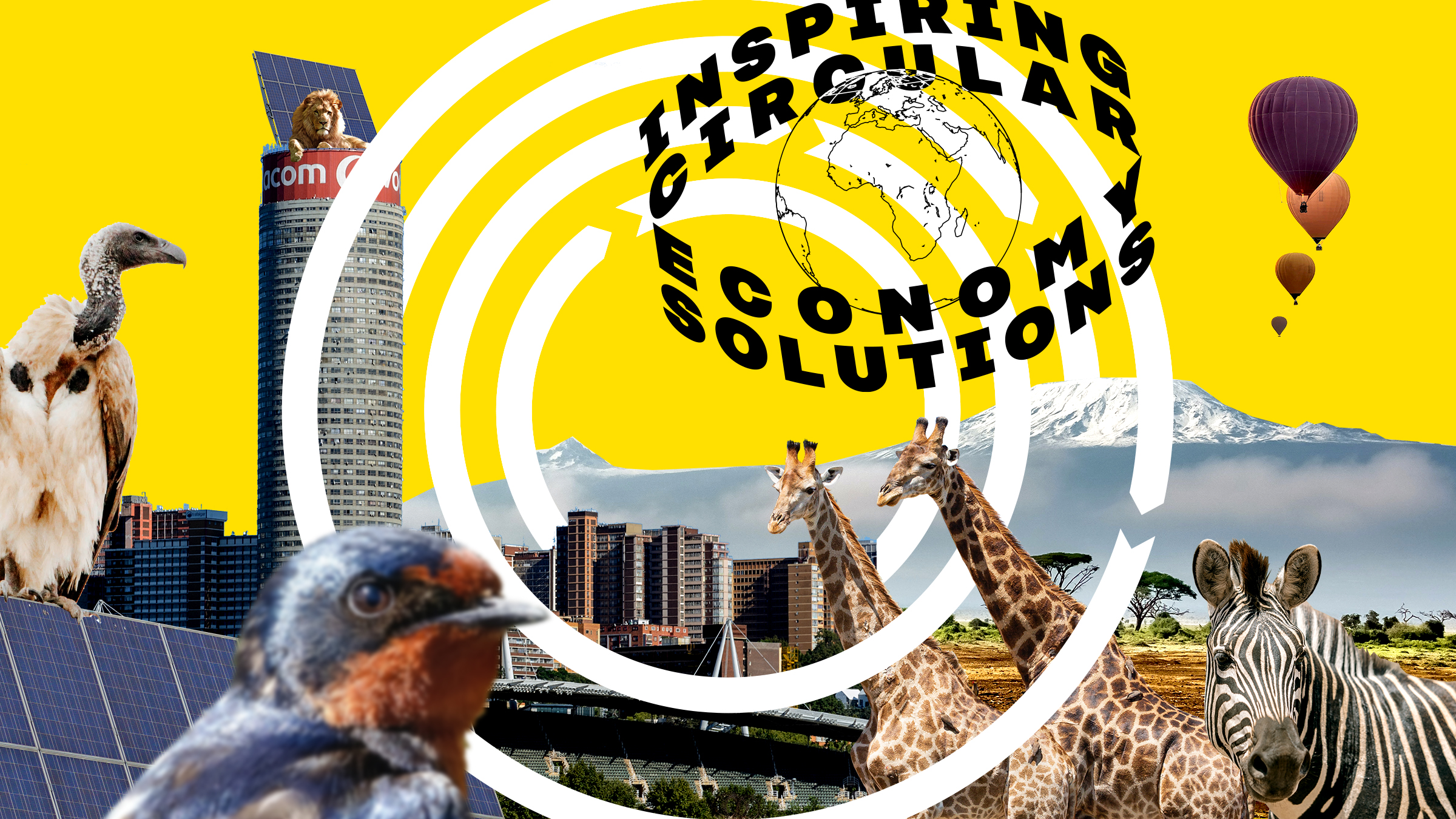Many of the best ideas are discovered by accident. Neat Meats in Ghana realised chickens loved to eat the maggots which appeared on animal byproducts left outside abattoirs. They could use this “waste” as part of the food chain for livestock.
Problem
In many African slaughterhouses animal byproducts are left outside. Energy is expensive, so refrigerator space is reserved for the meat which will go to consumers. A less-developed infrastructure to handle animal waste means the byproducts might sit outside for a long time before collection – if they are collected at all. The meat attracts scavengers and creates a terrible stench in the area.
With rising inflation many farmers in Ghana struggle to feed their chickens. In some cases, 60 per cent of their income went to animal food, mainly consisting of fishmeal and soya seeds. Due to higher feed prices, the cost of meat also goes up, hurting both consumers and farmers alike.
Solution
Neat Meats created Neat Eco-Feeds to solve these problems. They collect animal byproducts from their abattoir as well as other food waste from local breweries, granaries, porridge vendors and rice farmers. This material is used as a medium for the culturing of black soldier fly larvae in an insectarium. The larvae are cleaned and sold live or dried.
Business potential
The black soldier fly larvae are produced locally and are cheaper for farmers. They are also more natural for chickens, who are used to eating small bugs from the ground instead of soya and fishmeal. Some farmers even claim that poultry mortality has decreased after switching to the new food. There is a large supply of food waste for the larvae, and a high demand for more economical animal feed.
Local governments have realised the benefits from Neat Eco-Feeds’ operations and directed abattoirs to channel their waste to the company for recycling.
Social and environmental impact
Neat Eco-Feeds’ solution turns food waste into a valuable raw material. The areas around abattoirs are cleaner, reducing stench and lowering the potential for spreading disease. Two major bodies of water are no longer used to dispose of abattoir waste and are now clean.
Using larvae reduces the need for soya plantations, which contribute to land degradation and deforestation. Neat Eco-Feeds’ larvae also decrease the amount of fish meal used as food, protecting life and biodiversity in water.
They have no waste from their process, because what is left over from the larvae is used as compost for crop farms.
In addition to the 5 permanent and 7 part-time workers, the company also supports over 20 jobs indirectly. About 60 per cent of the employees are informal, while 20 per cent have no formal education.
Future
Neat Eco-Feeds is working to convince the meat industry of the value of their solution. Many farmers are resistant to using maggots as feed until they see the results themselves. Investors are unsure of insect farming and are hesitant to provide capital. Neat Eco-Feeds entered the startup ecosystem, winning idea competitions and funds from public institutions.
Want to learn more about circular economy solutions in Africa? This year’s World Circular Economy Forum will take place in Rwanda on 6–8 December. Check out the programme and register for online participation.


Inspired?
Check out all solutions.